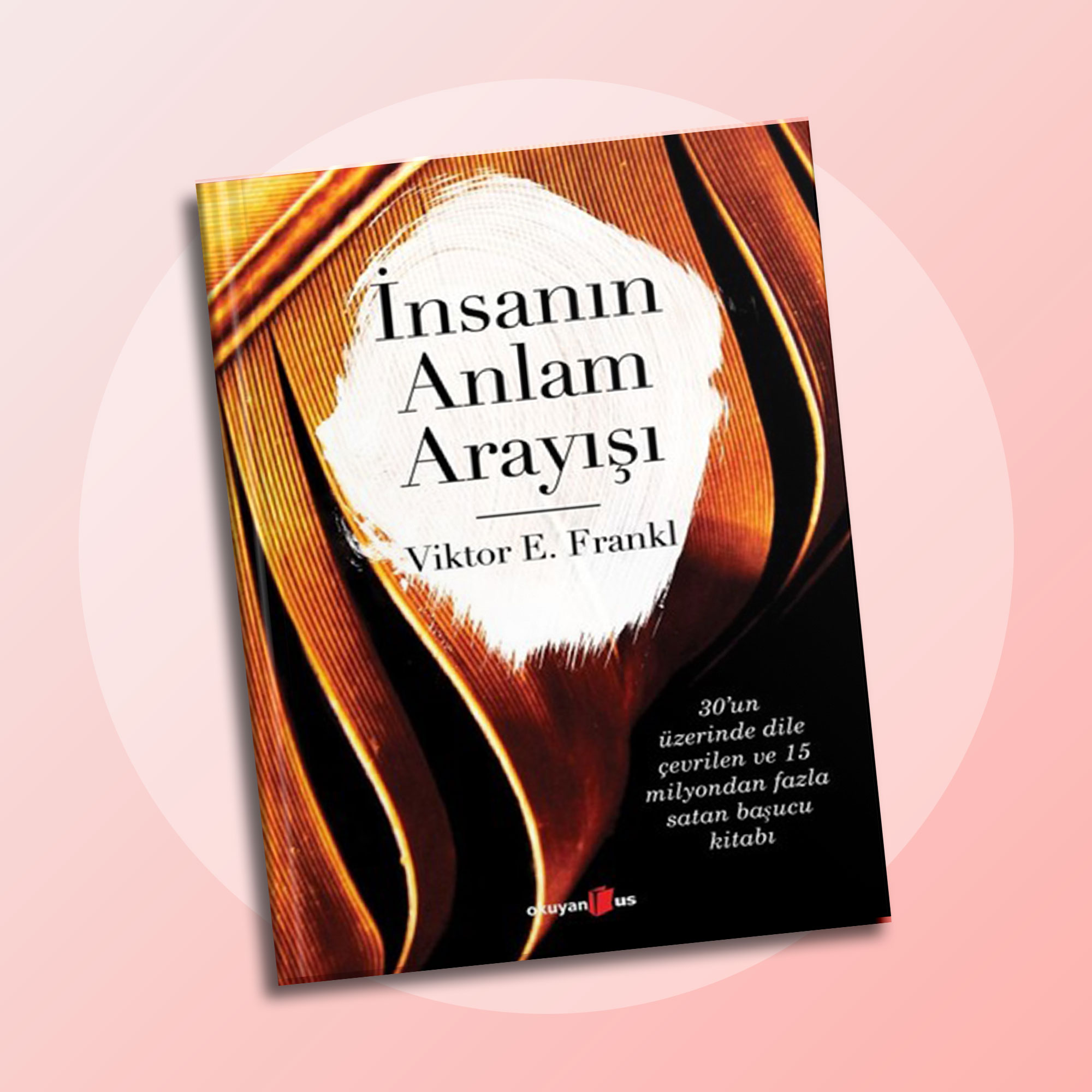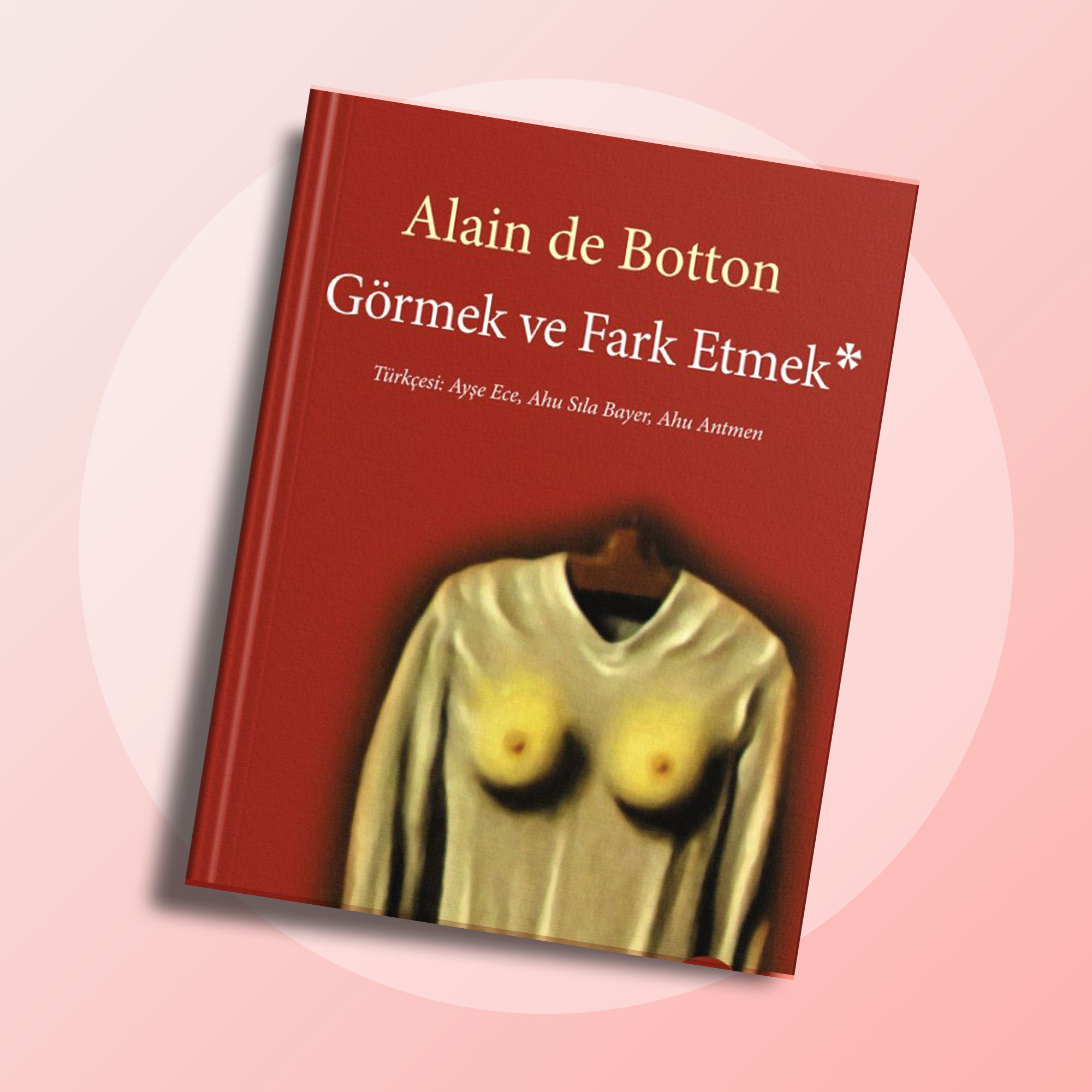
How right Dostoevsky was when he defined the human being as “a being who can get used to almost anything”. Think about it, the things we have gotten used to, the things we would shrug at without a thought. In his classic book “Man’s Search for Meaning”, Dr. Victor E. Frankl, one of the pioneering psychiatrists of the 20th century and the founder of “logotherapy”, gives an in-depth explanation as to what the human being can get used to, and how
Moreover, like today’s popular psychiatrists, he sheds light on human psychology by telling his own experiences, not the stories of his clients.
“Man’s Search for Meaning” was written in 1945 by Frankl, who managed to survive four different Jewish camps. The book was translated into more than 30 languages and published in millions of copies (unfortunately, I have only just read this reference book).
Naturally, I am having difficulty creating bite-size references for you from the book, which is full of striking facts regarding people who lost everything they had, had their values abused, was subjected to starvation, cold and cruelty and still found their lives worth living, and regarding their physical and spiritual motivations for perseverance.
As I said, there are dozens of elements about human behaviour on every page. To be able to give an idea regarding the book, I will only quote three parts:
The first is the issue of “Illusion of forgiveness”. People who are sentenced to death have the illusion that they would be pardoned at the last minute, even until shortly before their execution. So if we adapt this to ourselves, we must inherently hold some resemblance of hope, and the belief, that “things wouldn’t become that bad” even if we are going through the worst of times.

The other thing is the sharp sense of humour surrounding people who have nothing to lose, and the following impatience of “what’s next for us”.
The third is apathy, which is also in human nature. After a while, the feelings become dull and everything feels ordinary. Don’t we become insensitive some events which makes us feel like we’d lose our mind the first time? The reason for that is the shell of apathy, which the human being weaves for themselves to keep self from going mad due to helplessness.
I said I would quote three parts, but I couldn’t help myself… There is also the fact that there are two races in the world, where one only consists of “proper” people, and the other, of immoral people. We know that there are bad people and their main food is power or sticking with the powerful. If you ask why they are evil while knowing that one day that evil will circle back and hit them too, the answer is in “Man’s Search for Meaning”.
Seeing and Noticing
I’ve been brief above, but really, when one feels trapped, they resort to humour. In his book “On Seeing and Noticing”, Alain De Botton says “To make a joke means to complain about a situation”, and adds “Jokes criticize insolence, cruelty and arrogance and express the discomfort caused by any behaviour that is the opposite to virtue and common sense. Where there is injustice or disappointment, criticism breathes in the guise of humour”.
If you like light philosophy, this book, which consists of different topics such as “Humour”, “Work and Happiness”, “The Charm of Boring Cities”, “Originality”, “Writing”, can open a door for you to look at your environment and yourself from a different perspective.

Para Ne Söyler Biz Ne Anlarız (What Money Says, What We Understand)
Earlier, I told you about Reyhan’s book Mekan Enerjilerini İyileştirmek (Healing Space Energies). Now I will write a word or two about her book Para Ne Söyler Biz Ne Anlarız. First of all, I definitely wouldn’t have noticed and bought this book because I don’t find money an attractive subject. This book was gifted to me by a relative who knows about my extremely complicated relationship with money.
Are you one of those who knows how much money they have in their purse, down to the penny, or one of those who don’t have much idea about it? How do you feel when you have enough money, or a little more than enough? Do you still feel insufficient? Maybe quite on the contrary, you may love spending the money which you don’t have.
The book, which makes you take a look at energy issues, the bonds of the distant past, and childhood traumas from a monetary perspective, uses the question and answer method to reveal whether you are also resentful or reconciled with money at heart. It was a unique experience for me. It helped me understand what money meant to me, even though I couldn’t fully unravel my complicated relationship with money.



